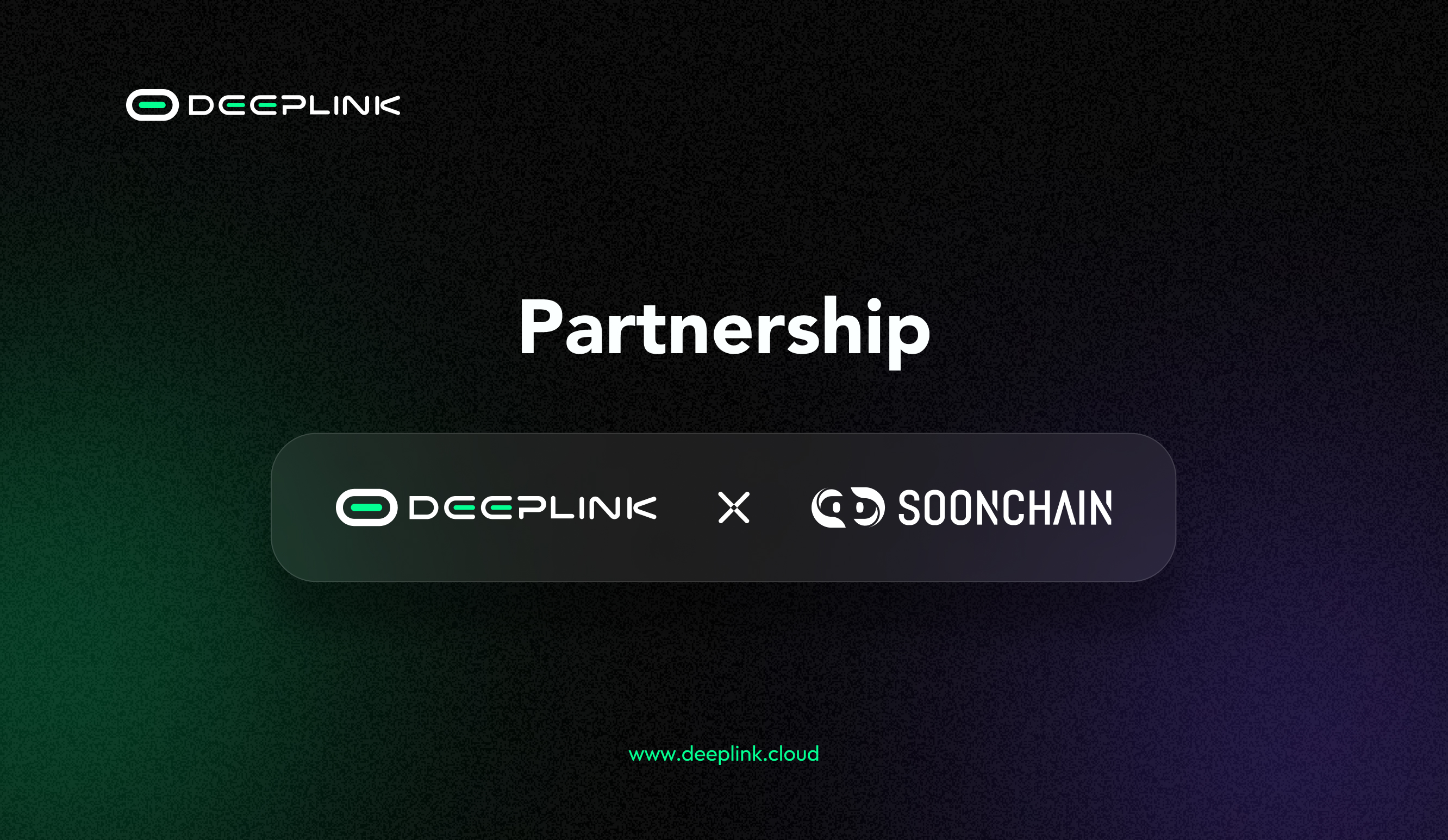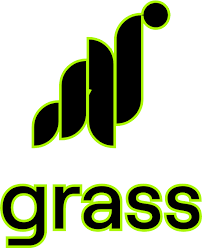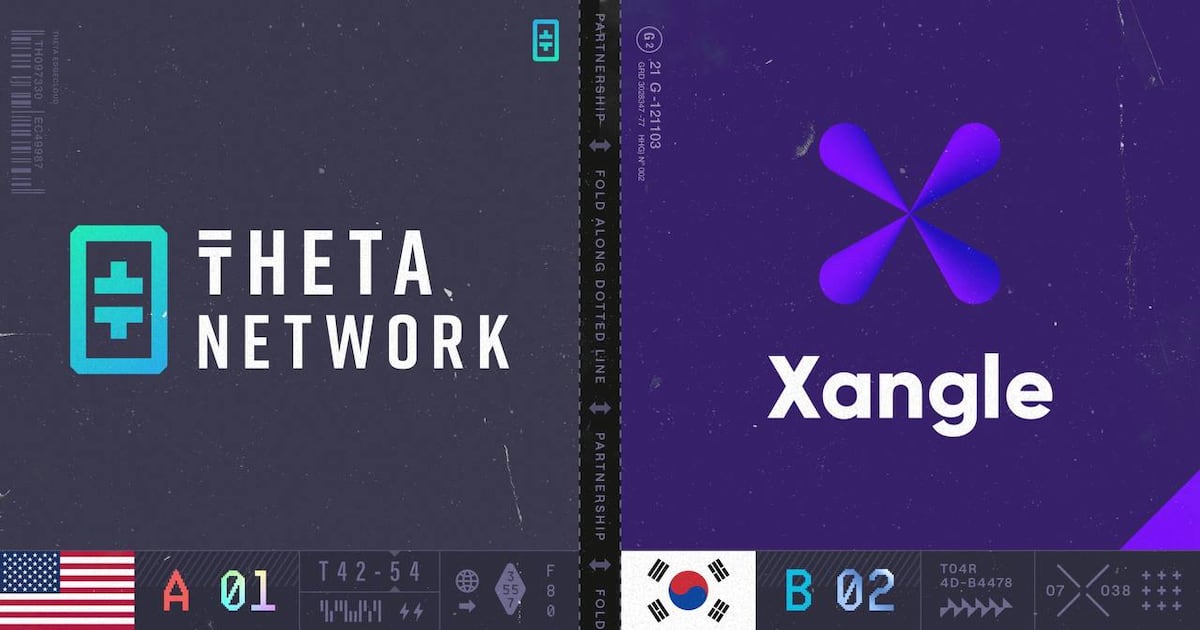DeepLink and SoonChain Join Forces to Revolutionize Web3 Gaming

DeepLink has signed a strategic cooperation with SoonChain, an AI Layer-2 blockchain gaming platform that aims at changing the landscape of Web3. The partnership integrates SoonChain’s state-of-the-art AI-Generated Gaming (AIGG) solution, which helps game developers design engaging blockchain games.
The use of AIGG technology erases conventional programming elegance and brings Web3 gaming to the mass market. This toolset is designed to create opportunities to work more efficiently in producing a captivating game while at the same time opening doors for more creativity within the video game market. In this integration, both companies aim to share equal opportunities and early access to the gaming industry since there are few middlemen.
Accessibility Initiative for Developers and Gamers SoonChain is a single platform that connects Artificial intelligence, decentralization physical infrastructure networks (DePIN), and massive GPU computations with AAA games standards. The integration with DeepLink will allow developers to create games and the platform will be designed in such a way to not need profound technical skills to create the game, thus making the industry available for everybody and definitely indie teams.
Also, it encourages the decentralization of gaming opportunities as part of the strategy to increase their availability. This approach is in line with the Web3 worldview of handling as many intermediaries as possible and providing users with control and ownership over their gaming.
DeepLink and SoonChain Offering a Decentralized Framework for Innovation DeepLink and SoonChain provide a vision of an open and decentralized space aiming at attracting developers and gamers for cooperation and creation of new opportunities without typical limitations. Developed on DeepBrainChain architecture, the cooperation integrates AI cloud gaming protocols that are based on decentralization, which is beneficial for growing and optimizing games.
This partnership involves the integration of AI powers with blockchain, which emphasizes the concern with the separation of a new frontier in game development. It symbolizes a quantum leap in the use of artificial intelligence and decentralized applications to deliver unique gaming solutions for a global clientele.
Related News





